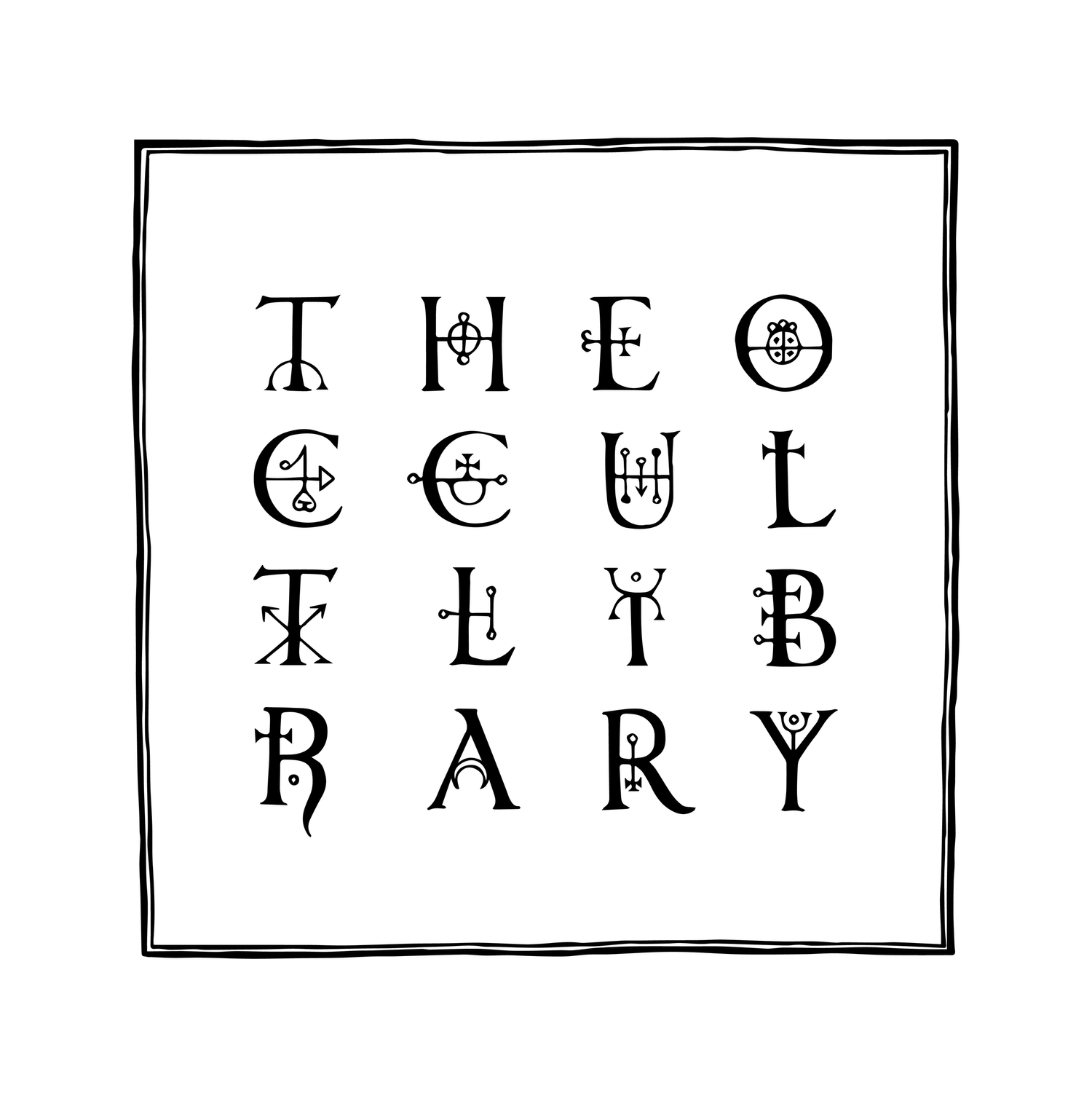De Occulta Philosophia: Volume 3 - Ceremonial Magic
Black Letter Press Edition
Translated and introduced by Paul Summers Young
Cover Design by Alice Rocchetti
Heinrich Cornelius Agrippa von Nettesheim
In the conclusion to Book Three — Ceremonial Magic, of the Occult Philosophy, Agrippa delivers a somewhat generic tirade, essentially suggesting that if readers find his work confusing, it's because they lack the necessary wisdom to understand it.
However, he drops hints about an arcane knowledge that only the wise can discover by connecting the dots. He discusses ceremonial methods for performing magical rites and emphasizes the importance of the inward and outward preparation for practicing magic. He touches on various topics but stands out when discussing prophecy and prophetic dreams, suggesting that Book Three is about becoming a vessel for personal revelation.
Agrippa's unique aspects in this book include his fluid use of terminology, moving between 'God' and 'the gods,' and his emphasis on silent contemplation as the best form of prayer. His work hints at a more democratic approach to personal, transformative experiences of God or spiritual revelation. Agrippa's work opens up discussions about the relationships between rediscovered Paganism, Renaissance Neoplatonism, the emergence of modern science and philosophy, and religious controversies of his time. In summary, his work is attractive for its ecumenical and mystical approach to understanding and experiencing the divine.
Details
Hardcover bound in Wine-Red Italian Fedrigoni Imitlin
Measures 100x160 mm
120 gram black Endpapers
Printed on 115 g wood free, age resistant Cream paper
Sewn Book Block
Black Bookmark and Headbands
Gilded on the front, back and spine

